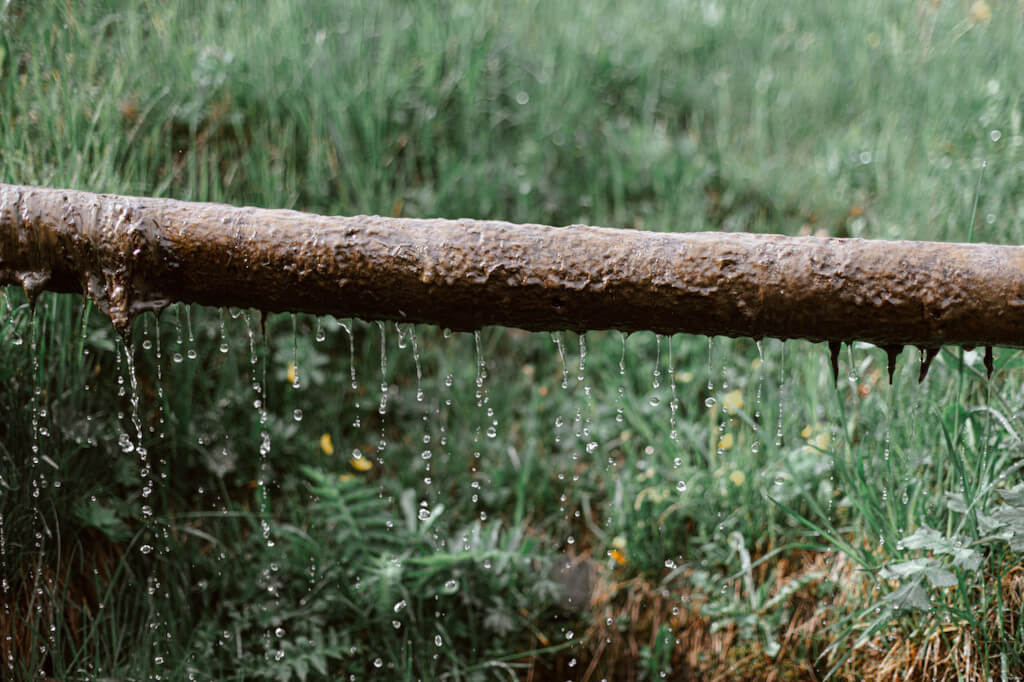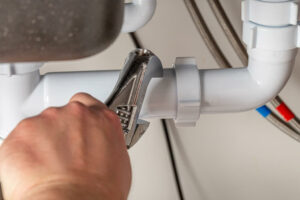Because water is such an important component of a city’s infrastructure, the availability of potable water is a big issue for both commercial and residential owners equally. A large water bill is a problem not only because of the financial expense but also because it suggests that valuable water may be being wasted in some locations. This may be a very frustrating situation. The Environmental Protection Agency (EPA) estimates that the average household wastes approximately 10,000 liters of water annually due to leaks and that 10% of homes waste 90 liters of water or more every single day.
If your water bill is significantly higher than usual, you must investigate the root reason as soon as possible and implement a solution. Keeping this in mind, the following is a list of the most typical causes of a high water bill, as well as some solutions to the problems they cause.
Leaky or Running Toilets
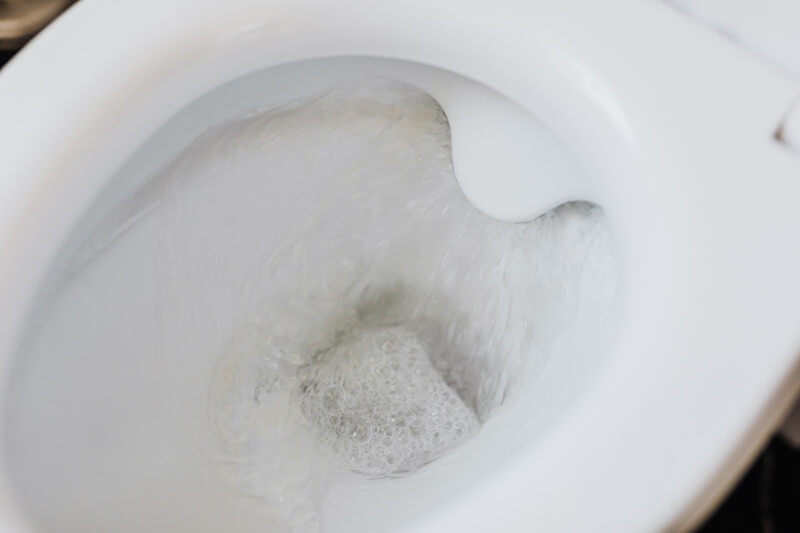
In the typical South African home, the usage of water inside accounts for approximately 31% of the total water consumption. Therefore, the fact that they present a significant danger of leakage shouldn’t come as much of a surprise. A toilet that constantly runs or leaks can waste an astounding 6,000 liters of water per month, which can add hundreds of rands to a household’s monthly water bill. There are typically two ways that people check to see whether their toilet leaks:
The Noise Check
Simply approach your bathroom’s commode and start listening. If you hear an unusual noise that sounds like a hiss, you may leak. You will need to inspect the tank flapper, water line connections, and seals more thoroughly.
The Dye Test
You will need either some food dye or a dye tablet to complete this test. Remove the cover from the tank of your toilet, and then add a few drops of food coloring to the bowl (or a dye tablet). After you have poured the dye into the tank, you should wait fifteen to twenty minutes before looking for the dye in the bowl of the toilet. If the dye is found in the bowl, this indicates that there is a leak in the tank that is enabling water to seep into the bowl.
The majority of the time, these leaks will be the result of a defective flapper that is located in the toilet tank. Fixing this issue is quite simple since all that is required is a quick trip to your Builder’s Warehouse as well as a few minutes of your time.
Fixtures and Faucets That Drip Water
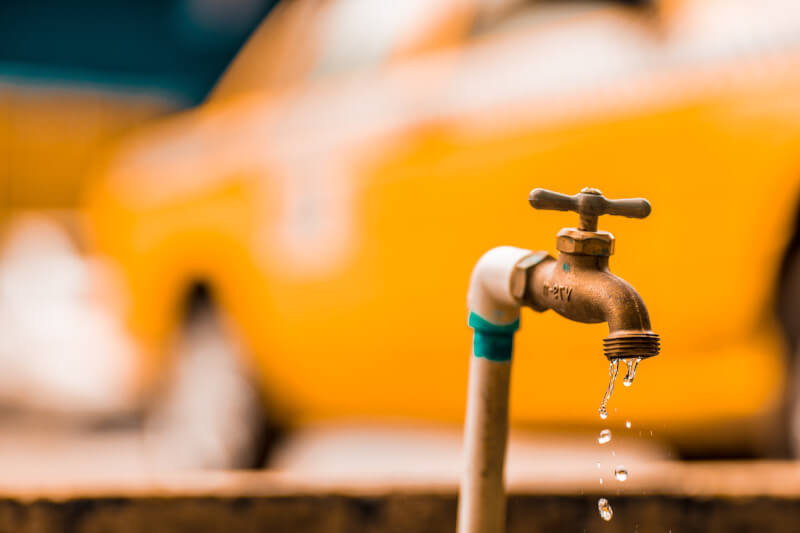
Another typical factor that contributes to high water bills is leaking faucet fittings. The larger the leak, the greater the amount of water that is lost, and the greater the subsequent increase in the water bill. For instance, if a faucet is dripping at a rate of around one drop per second, the amount of water that is lost in a single day is equivalent to about 17 liters. Thankfully, locating and repairing a leaky faucet is not too difficult of a task.
It only takes a quick visual inspection of your faucets, showerheads, and other fixtures to determine whether or not they leak the fixture itself. The most typical reason for a leaking faucet is an imperfect rubber washer located in the handle of the faucet. In the vast majority of instances, you should be able to turn off the water supply to the faucet that is leaking, remove the handle, extract the faulty washer, and then substitute it with a brand-new one.
Washing Machines and Dishwashers That Leak
Forget about the missing socks; you may have a more serious issue: There is a possibility that your washing machine is leaking. However, because they are frequently concealed in recesses and nooks, the majority of people are unaware of their existence. Therefore, make sure that you look underneath it. You might also think about purchasing a high-efficiency washer, which, in comparison to earlier machines, can use up to 50% less water.
What do you think of that dishwasher, though? It may be leaking as well, so you should check it out. But keep in mind that using a modern dishwasher uses significantly less water than hand washing the dishes. Don’t believe us? Washing dishes in the sink can take up to 27 liters of water per load, however, using a dishwasher that is certified by Energy Star can save roughly 5,000 liters of water annually.
Leaks in Your Gardening Irrigation System
Not all leaks take place inside buildings. Even when the irrigation for your garden is turned off, water could still leak out if there is a fracture in the line or a loose joint.
Finding these leaks can be a bit of a challenge, particularly if the pipes for the irrigation system are hidden in an inaccessible location. If you want to find out where these leaks are coming from, you can look for portions of your lawn that are abnormally wet or that have grass that is greener than the rest of the region. Bear in mind, however, that these warning indicators of a leak are quite similar to the warning signs that indicate leakage in a horizontal line.
To repair this type of leak, you might need the assistance of a qualified plumber who can locate the source of the problem, then repair or replace the irrigation lines that have been impacted by it.
Lateral Line Leaks
There is a possibility that one of the pipelines that carry water from your meter connection to your house is damaged in some way, such as having a crack or a loose joint. There are a variety of factors that can contribute to these leaks, some of which include the age of the pipe, the presence of tree roots or animal activity, or seismic activity.
Although this issue is comparable to a leak in the irrigation system, it is typically considerably more serious. The amount of additional water use that is indicated on your utility bill can serve as a useful signal when attempting to determine whether the leak is located in your irrigation pipe or your lateral line water supply pipe.
Pipe bursting, trenchless pipe lining, and classic pipe replacement are some of the options that a trained specialist might suggest as the most effective ways to address the issue.
Outdated and Obsolete Fixtures
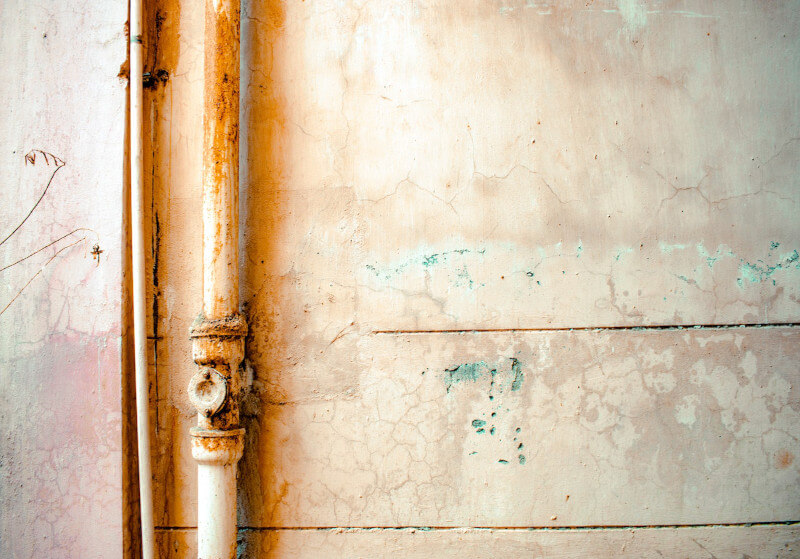
In recent years, significant efficiency improvements have been made to conventional water fixtures, such as low-flow water-saving toilets, water-saving showerheads, and new-model aerators for faucets. These advancements have helped to save water and money.
This issue rarely arises all of a sudden; rather, it is almost always something that goes with the house and causes your initial water bill to be significantly higher than you had anticipated. Check to see if the faucets, toilets, and showerheads in your home, along with any other items that use water, have the WaterSense marking or the date they were manufactured. If you are in the market for a new house, one question you should ask the owner or the real estate agent is whether or not the plumbing fixtures have indeed been updated since the home was built.
The Changing Seasons and Their Impact on Water Use
The changing of the seasons may cause a shift in the amount of water you use. The summer season is widely known for having notoriously high water costs for a variety of reasons:
- Showering occurs more frequently as a result of increased activity and perspiration among household members.
- It is important to water the grass and plants regularly. Children spend more time at home during the day during the summer break.
- Water can be used to cool air conditioners in some cases.
- Pools may need to be filled.
Of course, there is the possibility that your water bill could go up in future months as well. For instance, in the wintertime, you might occasionally run your water in order to prevent the pipes from freezing. Another possibility is that the humidifiers that are connected to the furnace are not functioning properly or have been wrongly adjusted.
Summary
You can considerably reduce your water cost and increase the effectiveness of your use of resources if you cut back on practices that wastewater. Get in touch with a professional plumber right away to get more information on the myriad of factors that influence both your water bill and your usage, as well as the steps you can take to cut down on your usage and save money. Most plumbing companies in Cape Town have trained professionals in plumbing and water pipes accessible to assist you with all of the plumbing repairs and restoration needs that you may have.

